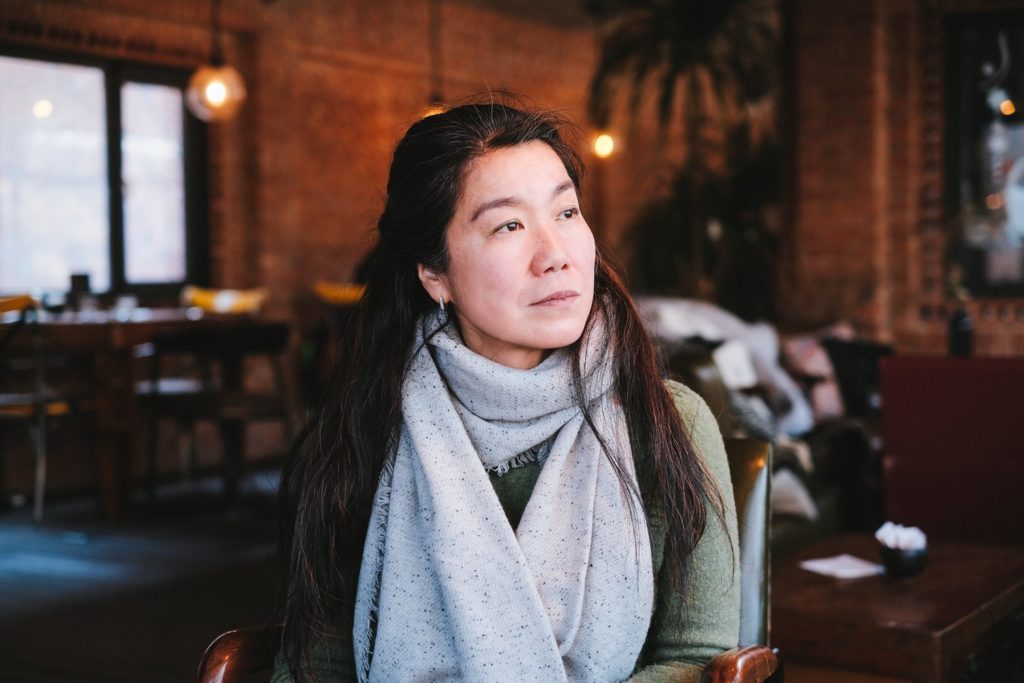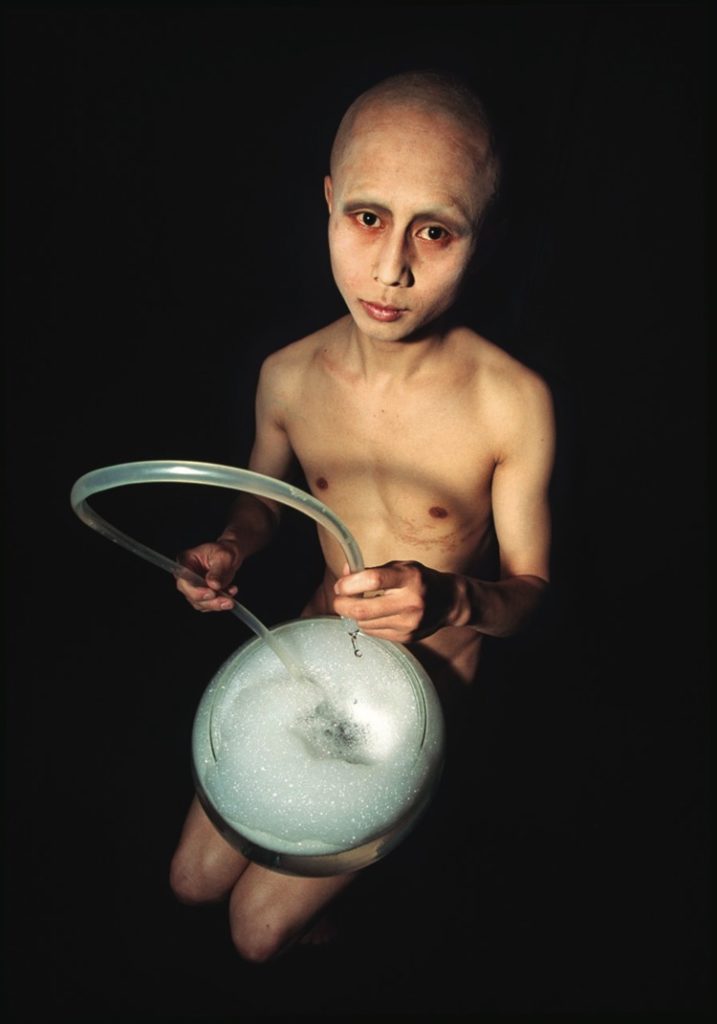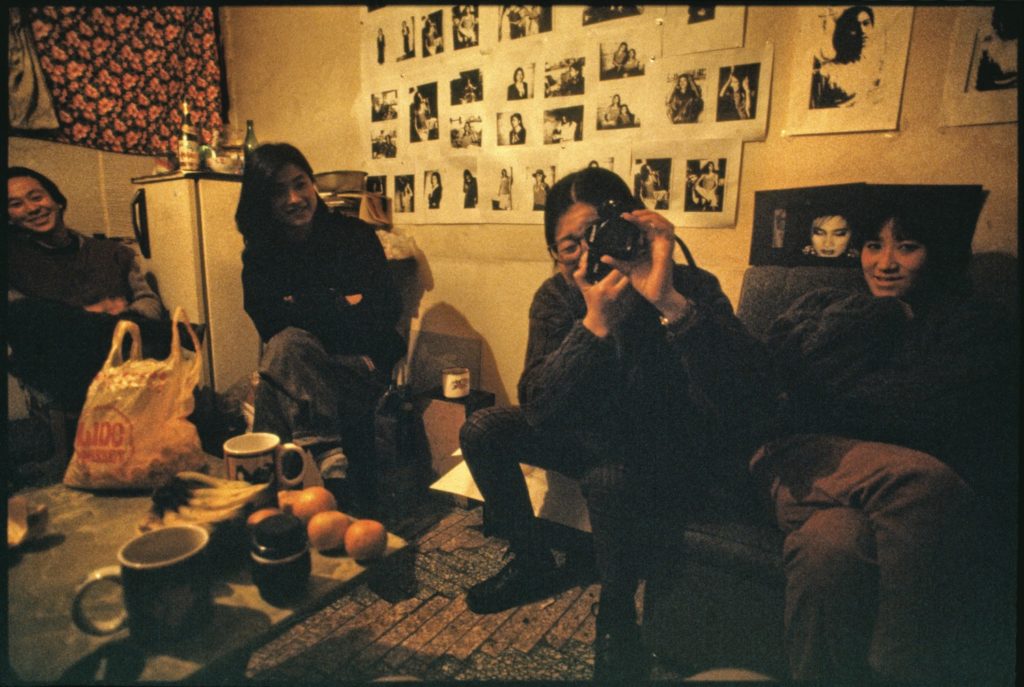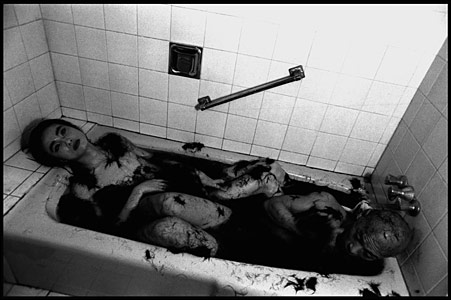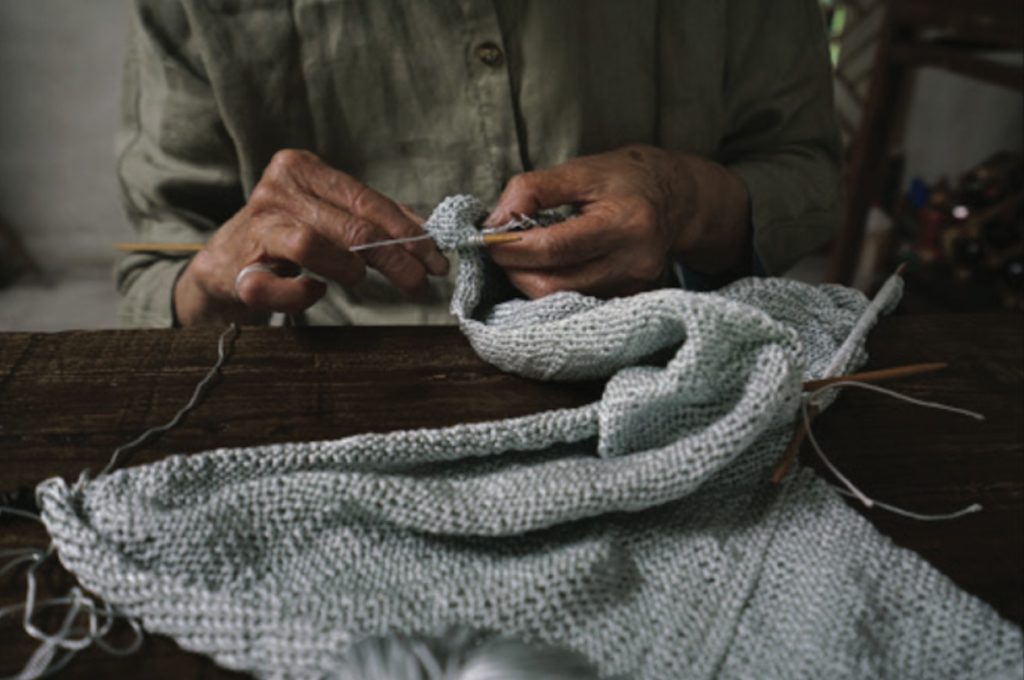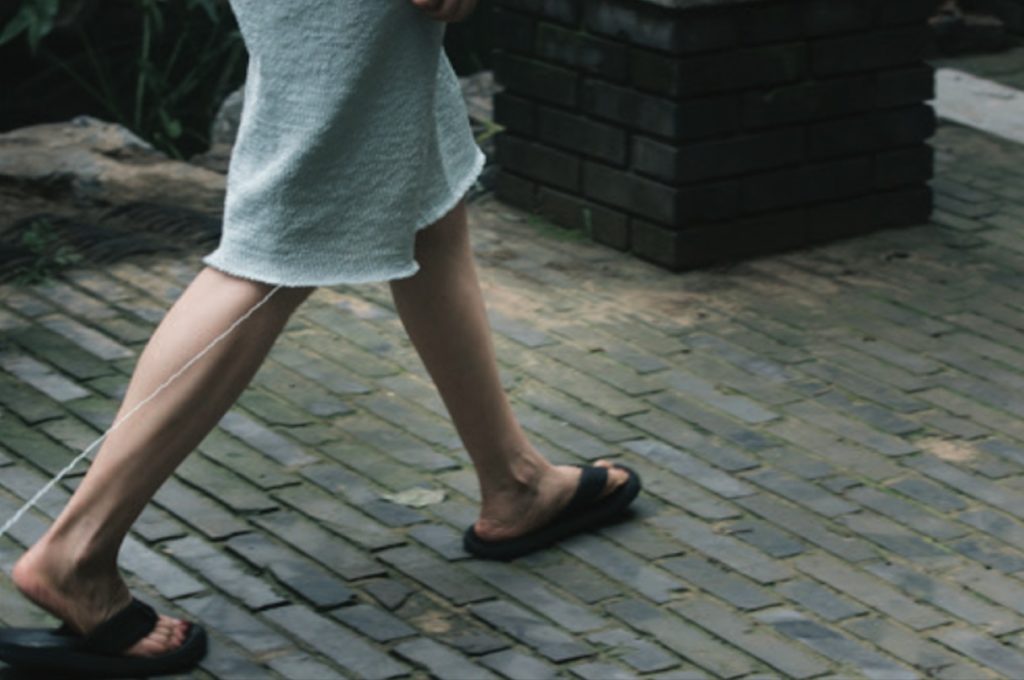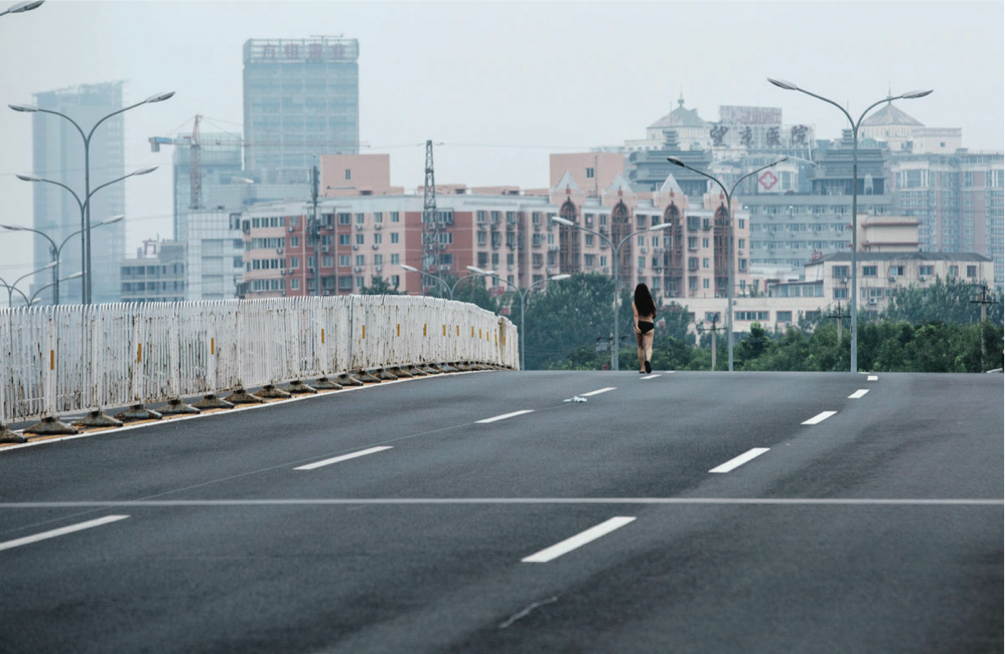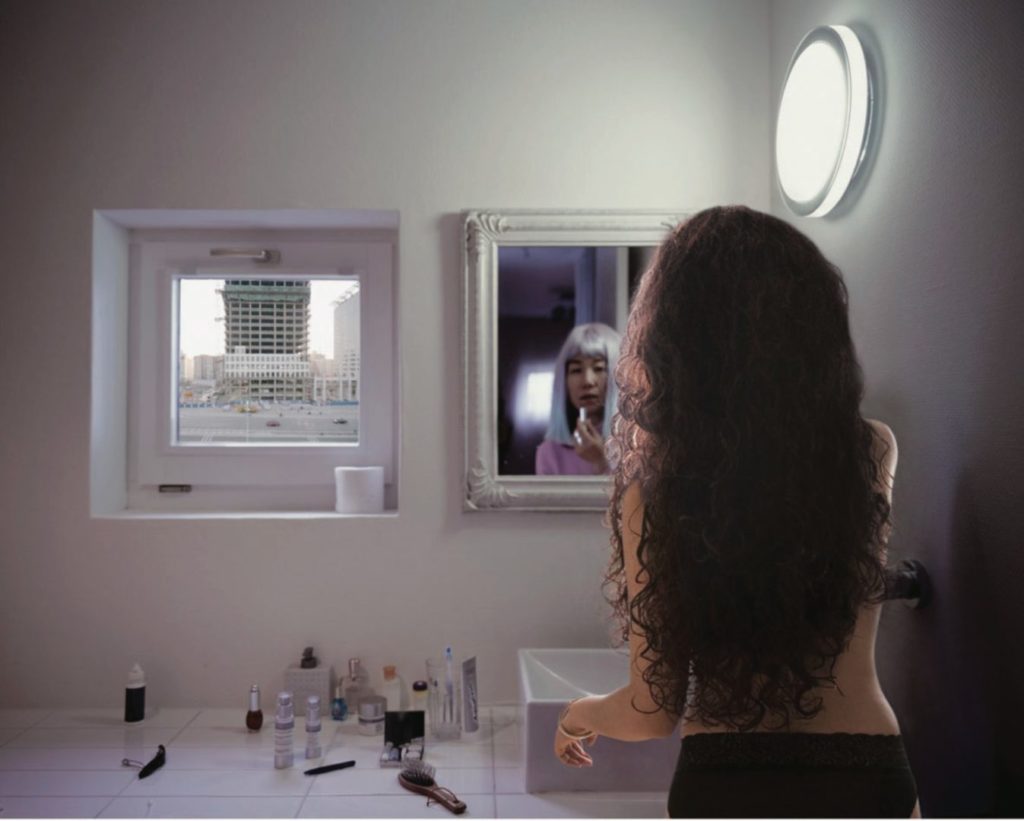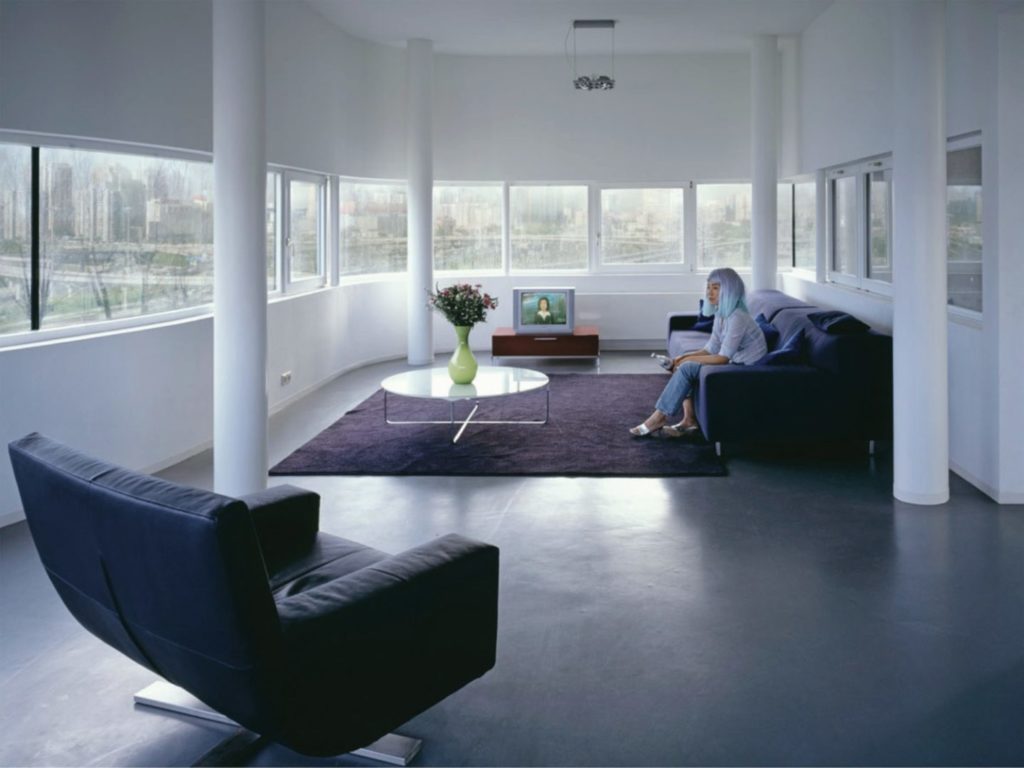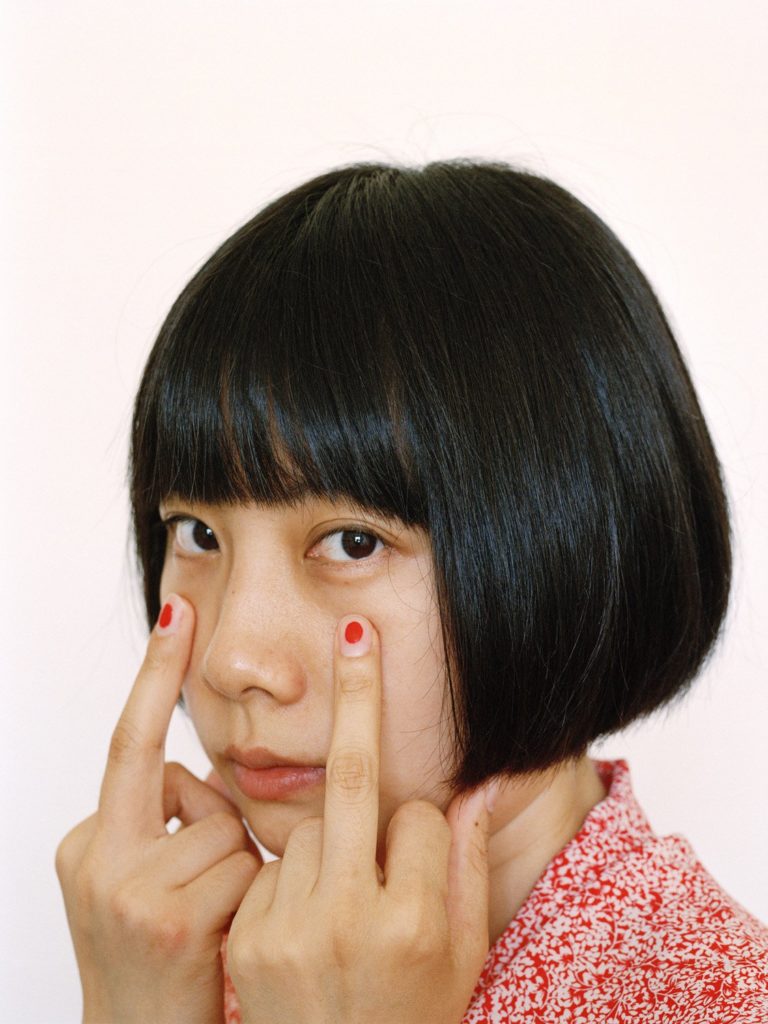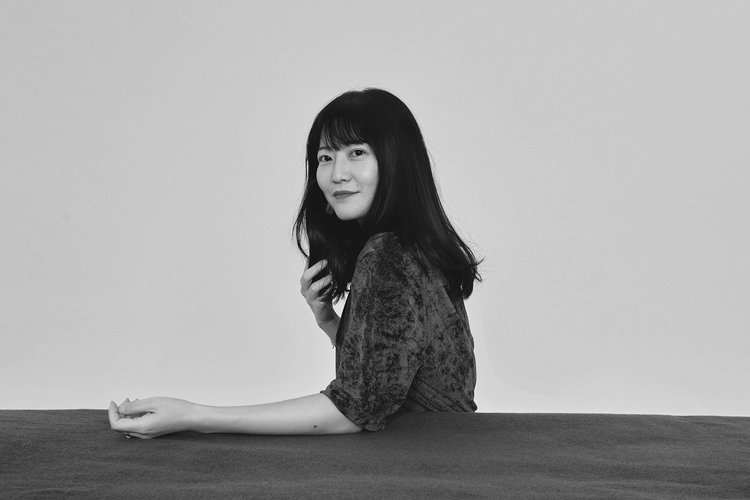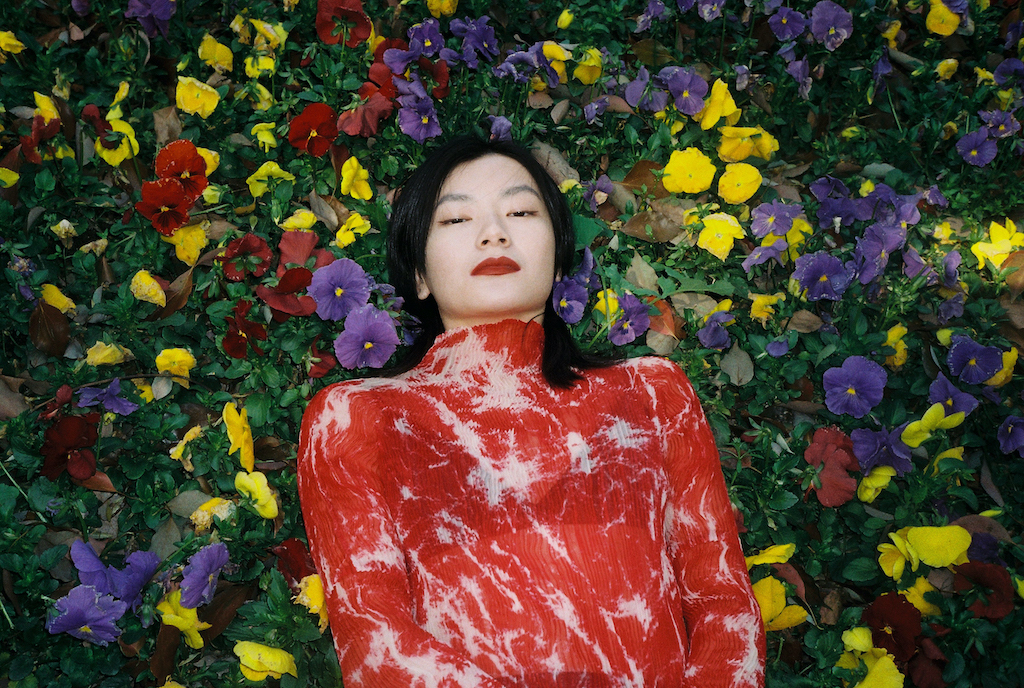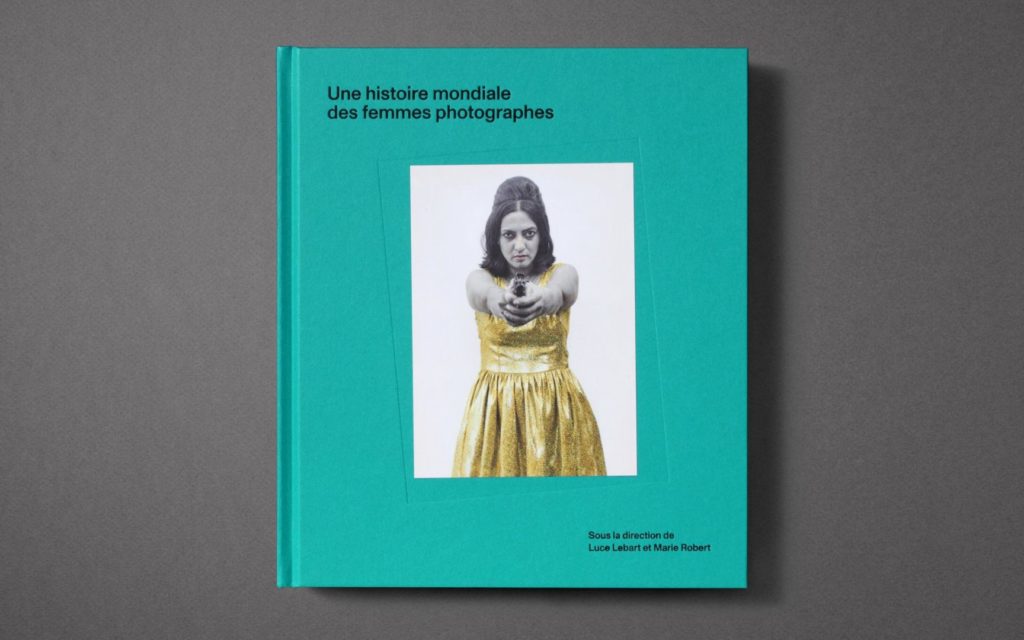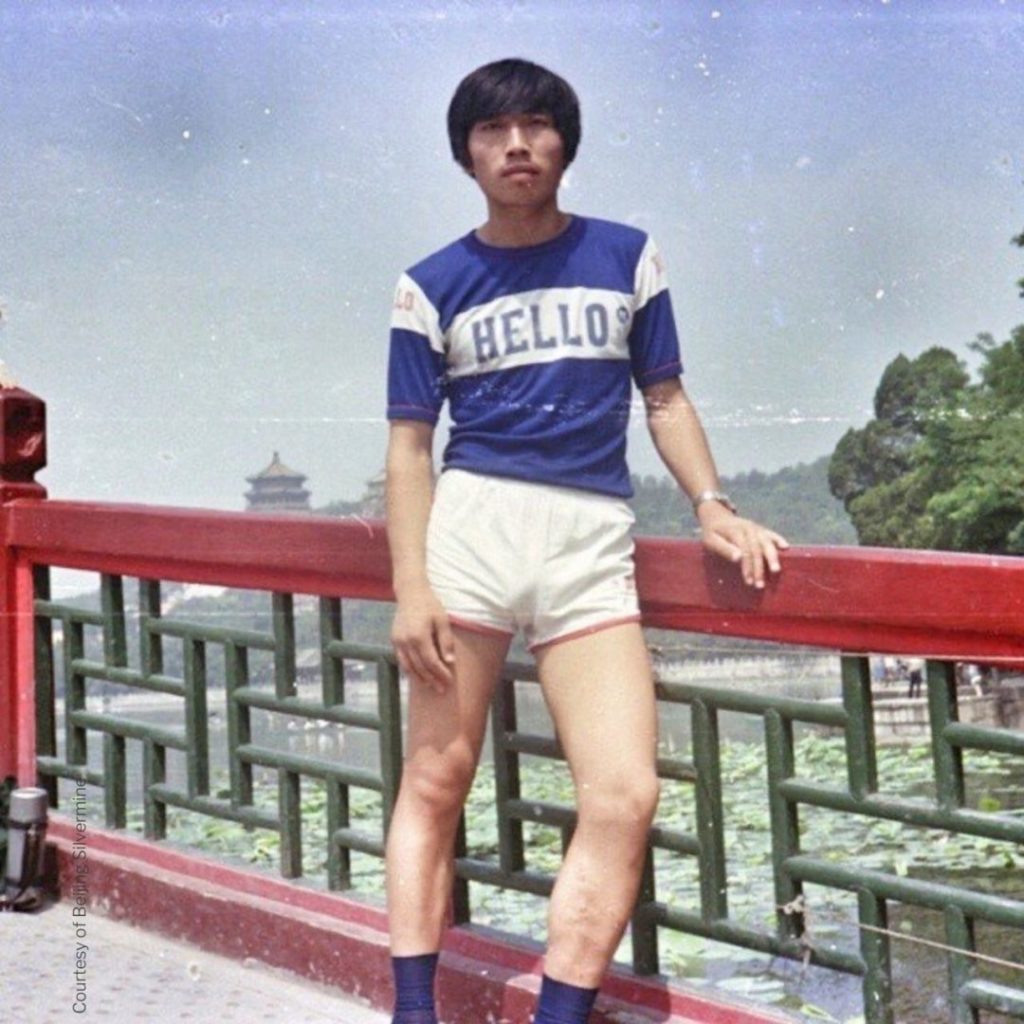Born in 1967 in Xi’an, the capital of Shaanxi province, Xing Danwen studied painting at Central Academy of Fine Arts (CAFA). In the late 1980s, she got excited about the photographic medium and began to shoot the Chinese underground culture. She then left China for further studies in New York. She is one of the first contemporary Chinese artists to use photography in art and to work with photography, video, and multimedia. Her artwork focuses on urbanized China and reflects local and global issues: desire, female identity, as well as the tensions between the individual and the collective.
Xing Danwen’s work has been exhibited throughout China as well as overseas, with exhibitions at the Whitney Museum of Art (US), the Pompidou Centre (France), the International Photography Center (US), the Victoria & Albert Museum (UK), the Yokohama Triennale (Japan), and the Sydney Biennale (Australia), among others. Recent solo exhibitions have been held at: Warsaw National Museum (2017), Beijing Red Brick Art Museum (2017) and Milan’s Officine dell’Imagine Gallery (2014).
On the occasion of International Women’s Day 2018, Doors interviews this uniquely charismatic artist.

